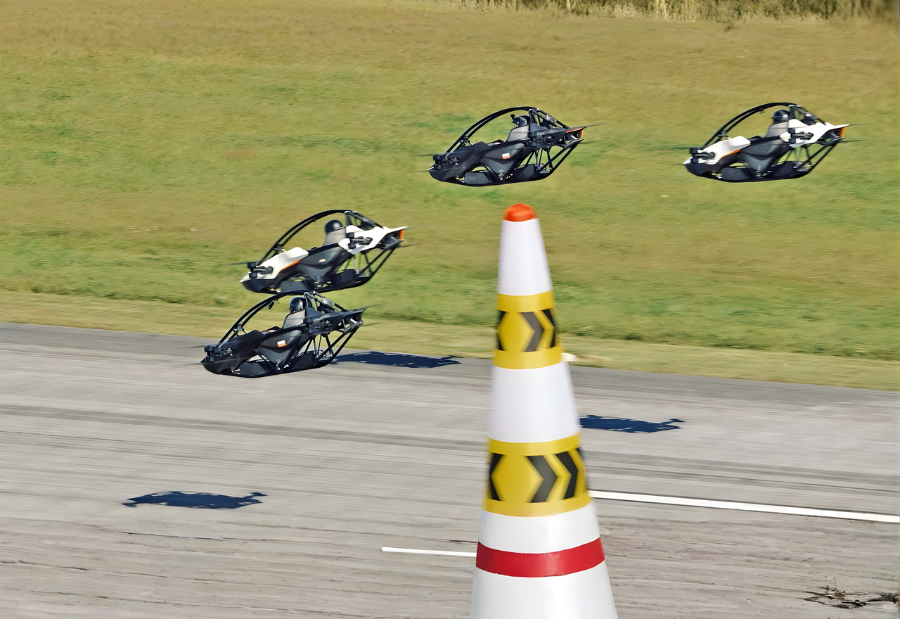A day of severe disruption at Delhi’s Indira Gandhi International Airport has raised serious concerns about the strength of India’s aviation technology systems. A rare collapse of the Automatic Message Switching System left one of the world’s busiest airports operating manually for more than twelve hours, prompting an investigation into whether the failure was caused by a technical fault or a possible cyber incident.
The disruption began around nine in the morning when the system that sends flight plans, clearances and weather updates across India’s aviation network suddenly stopped functioning. Air traffic controllers, who are used to receiving instant digital information, had to switch to handwritten notes. By the time engineers restored the system at nine thirty in the evening, over eight hundred flights had been delayed and at least twenty had been cancelled. The impact spread to airports in Mumbai, Bhopal, Chandigarh and Amritsar.
“It was like stepping back two decades,” an air traffic control official said. “Everything had to be done by hand.”
The Airports Authority of India later confirmed that the system was “active and working properly,” but the scale of the disruption triggered immediate scrutiny. The AMSS is considered the digital nerve centre of Indian aviation. It processes thousands of updates each hour, handling takeoff and landing details, diversions, route changes, warnings and fuel adjustments. A senior engineer explained, “If AMSS stops, you are blind.”
With automatic messages halted, clearances slowed down, departures were pushed back and incoming planes were held, causing an average delay of fifty minutes across flights. Officials described the failure as unprecedented in duration and behaviour. A malfunction in one terminal had frozen the entire system, a pattern that some experts say could align with cyber interference.
Late Friday, the central government held a high level meeting with aviation and cyber agencies to assess whether an external trigger could be responsible. The possibility of a cyberattack remains under examination.
Concerns had surfaced earlier as well. The air traffic controllers’ association had warned months ago about weaknesses in the automation system and requested urgent upgrades. “We had raised red flags about vulnerabilities, but no action was taken,” an official said.
The incident has been seen as a wake up call for India’s aviation infrastructure. The AMSS was meant to replace slow manual work with efficient automation, yet the outage showed how much the system depends on a single point of failure. For many travellers and aviation staff, the day served as a reminder that even advanced digital networks can fail without warning.
Also read: Viksit Workforce for a Viksit Bharat
Do Follow: The Mainstream formerly known as CIO News LinkedIn Account | The Mainstream formerly known as CIO News Facebook | The Mainstream formerly known as CIO News Youtube | The Mainstream formerly known as CIO News Twitter
About us:
The Mainstream formerly known as CIO News is a premier platform dedicated to delivering latest news, updates, and insights from the tech industry. With its strong foundation of intellectual property and thought leadership, the platform is well-positioned to stay ahead of the curve and lead conversations about how technology shapes our world. From its early days as CIO News to its rebranding as The Mainstream on November 28, 2024, it has been expanding its global reach, targeting key markets in the Middle East & Africa, ASEAN, the USA, and the UK. The Mainstream is a vision to put technology at the center of every conversation, inspiring professionals and organizations to embrace the future of tech.




